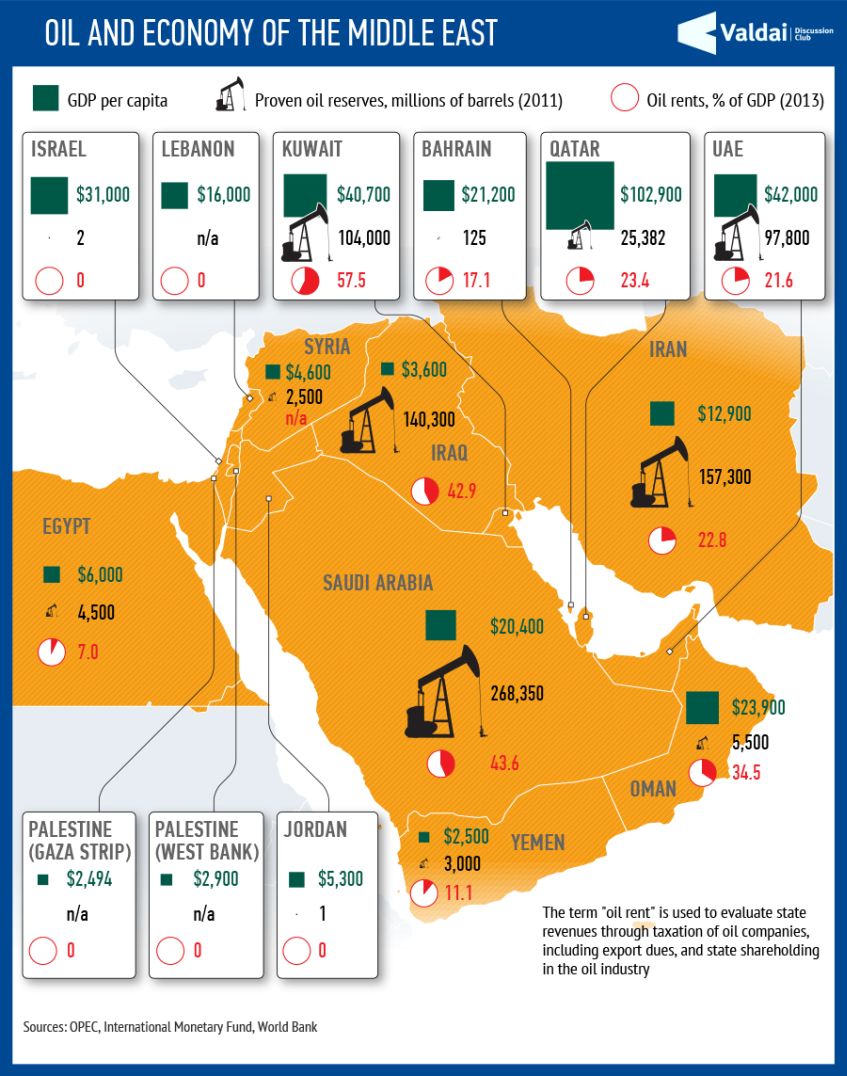The economies of the Middle East are flourishing in sectors beyond oil, according to a recent report by PwC Middle East. This positive outlook comes despite ongoing oil production cuts by OPEC+ and geopolitical tensions in the region. The report, titled Economy Watch, highlights the resilience of the non-oil sector, which is projected to maintain its robust growth trajectory.
This economic diversification is attributed to several factors. The strong performance of the non-oil sector in 2023 has laid a solid foundation. Additionally, purchasing manager indices (PMI) in key countries like Saudi Arabia and the United Arab Emirates (UAE) indicate continued expansion. Richard Boxshall, Partner and Chief Economist at PwC Middle East, emphasizes that while oil demand significantly impacts oil-exporting nations in the region, the robust growth in non-oil sectors is expected to effectively counterbalance any negative effects from production cuts.
The report also explores the potential of green finance to accelerate economic diversification and job creation across the Middle East. This focus on green finance aligns with the successful hosting of COP28 in the region and the recent introduction of green finance frameworks. Attracting foreign direct investment (FDI) is another crucial aspect of the diversification strategy. Green initiatives are likely to prove attractive to foreign investors, further propelling economic growth beyond the oil sector.
Specific examples illustrate the economic diversification underway. Saudi Arabia's Vision 2030 plan, a comprehensive economic and social reform program, prioritizes developing non-oil sectors like tourism, technology, and manufacturing. The UAE is also actively pursuing economic diversification through initiatives like Dubai Plan 2030, which focuses on transforming Dubai into a global innovation hub. These ambitious plans, coupled with the strong performance of the non-oil sector, paint a promising picture for the future of Middle Eastern economies.
However, challenges remain. Diversifying economies away from a reliance on oil is a complex and long-term process. The region faces hurdles such as creating a skilled workforce for new industries and fostering an environment that encourages innovation and entrepreneurship. Additionally, geopolitical instability continues to pose a risk to economic growth.
Despite these challenges, the positive momentum in the Middle East's non-oil sector is undeniable. With a continued focus on diversification and strategic investments in green initiatives, the region's economies are poised for sustained growth beyond the oil fields.

